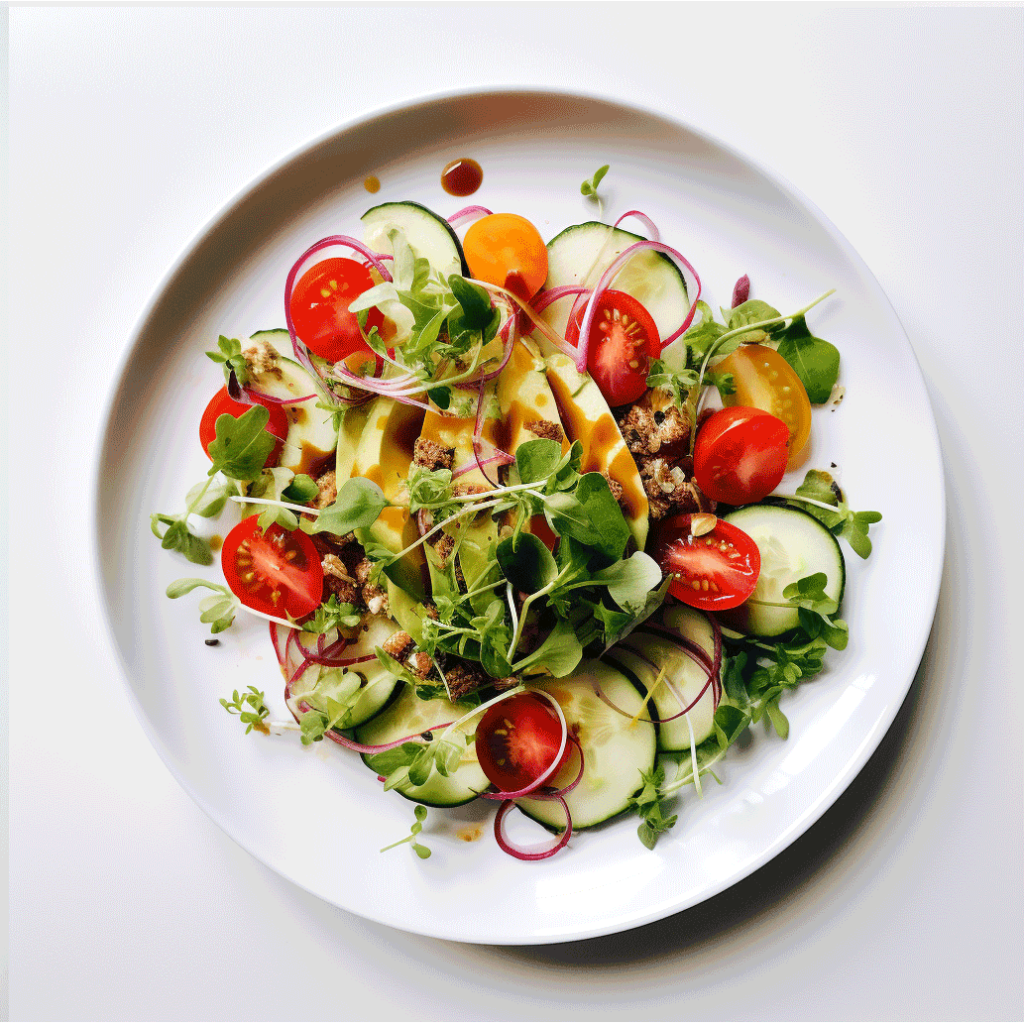Cooking on a Budget
New to cooking?
We’ll help you develop confidence in the kitchen.
Love to cook? This will be an enjoyable experience as you create delicious and nutritious meals while being mindful of your budget.
Cooking on a Budget
Cooking healthy meals on a budget is definitely possible. We’ll show you ways to save money while nourishing your body. This program is a guide to creating real value meals for people who are new to cooking:
Session 1
Planning is Everything and Focus on Whole Foods
We’ll start by planning your meals for the week. Look for recipes that use simple ingredients and are budget-friendly. Plan meals that can be repurposed into leftovers for lunch or dinner the next day.
Avoid processed and pre-packaged foods as they are often more expensive and less nutritious. Instead, choose whole foods like fresh fruits, vegetables, whole grains, and lean proteins. They provide more nutrients per dollar.
Session 2
Stock Up – Buy in Bulk and Buy Fruit and Veggies that are in Season.
Buying ingredients in bulk can save you money. Staples like rice, beans, lentils, pasta, oats, and spices can be bought in larger quantities, which will save you money over time.
Look for fruits and vegetables that are in season as they tend to be more affordable and taste better. Check out your local farmer’s market or grocery store flyers for deals on fresh produce.
Session 3
Go Plant-based a Few Times a Week
Meat can be expensive, so try incorporating more plant-based proteins into your meals. Beans, lentils, chickpeas, and tofu are affordable options that are rich in protein. They can be used in various dishes like soups, stews, stir-fries, and salads.
Utilize leftovers: Don’t let leftovers go to waste. Get creative and transform them into new dishes. For example, leftover roasted vegetables can be turned into a frittata or added to a pasta dish.
Session 4
Simple Cooking Techniques and Cook in Batches
Stick to simple cooking techniques like sautéing, roasting, boiling, and steaming. These methods are beginner-friendly and require minimal equipment. We’ll point you in the direction of the type of dishes you like to eat.
Cooking larger quantities and storing leftovers can save both time and money. Prepare meals in bulk and freeze individual portions.
Cook in batches: for later use. This way, you’ll have ready-made meals whenever you’re short on time.

Meal prep and repurpose: Prepare a big batch of a versatile ingredient like roasted vegetables or cooked chicken at the beginning of the week. You can use them in multiple meals throughout the week, such as adding them to salads, wraps, or grain bowls.
Remember, cooking is a skill that improves with practice. Start with simple recipes and gradually experiment with new ingredients and techniques. Enjoy the process, and before you know it, you’ll be creating delicious and healthy meals on a budget!
Explore vegetarian and vegan options: Plant-based meals are generally less expensive compared to meat-based dishes. Incorporate more vegetarian or vegan recipes into your cooking repertoire to save money while enjoying a variety of flavors.
Grow your own herbs and vegetables: If you have space, consider starting a small garden to grow herbs and vegetables. This can be a fun and rewarding way to reduce costs and have fresh ingredients readily available.
Remember, healthy cooking on a budget is all about being creative, resourceful, and mindful of your choices. With some planning and a little bit of effort, you can enjoy delicious meals while keeping your expenses in check.